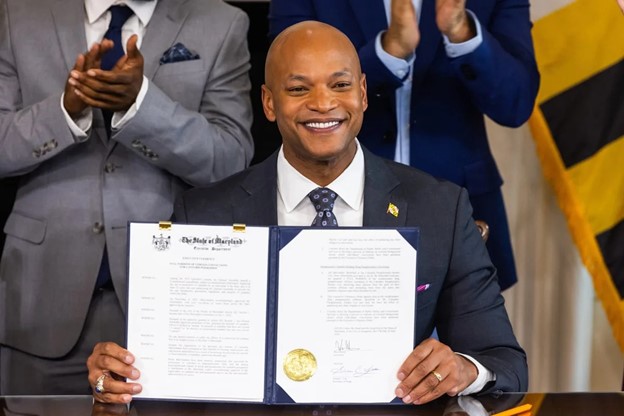Frankfort, Kentucky – In a decisive move to tackle Kentucky’s escalating opioid crisis, Governor Andy Beshear has formally requested the Drug Enforcement Administration (DEA) to reclassify marijuana, arguing that it could offer a safer alternative for individuals grappling with opioid addiction. Governor Beshear’s appeal highlights the urgent need for innovative solutions to the opioid epidemic, which has had a profound impact on communities across the state.
Rescheduling Marijuana
Governor Beshear’s letter to the DEA advocates for reclassifying marijuana from its current Schedule I designation—a category reserved for substances deemed to have no accepted medical use and a high potential for abuse. He proposes lowering its classification to Schedule III or IV, which would recognize its therapeutic potential and enable further research into its effectiveness as a substitute for opioids.
“In the face of an opioid crisis that has devastated countless lives in Kentucky, it is imperative that we explore every potential avenue for relief,” Governor Beshear stated. “Rescheduling marijuana could pave the way for new treatment options and offer renewed hope to those seeking recovery.”
Potential Benefits of Marijuana as an Opioid Alternative
Governor Beshear’s push is backed by a growing body of evidence suggesting that marijuana may play a significant role in addressing opioid addiction. Research indicates that cannabis can provide relief from chronic pain, a primary driver of opioid prescriptions, and may assist in managing withdrawal symptoms and cravings associated with opioid dependence.
“Marijuana could be transformative in our efforts to combat the opioid epidemic,” said Dr. Sarah Thompson, a leading addiction specialist in Kentucky. “By rescheduling marijuana, we can open new research avenues and offer patients a safer alternative to addictive opioids.”
Challenges and Potential Roadblocks
Despite the promising potential of marijuana as an opioid alternative, the path to rescheduling is fraught with challenges. The DEA, responsible for overseeing changes to controlled substance classifications, has historically been reluctant to adjust marijuana’s status, often citing concerns about the scientific evidence supporting its medical use.
Furthermore, the proposed rescheduling may face resistance from certain factions within the medical community and law enforcement, who may be cautious about embracing the potential benefits of cannabis.
Conclusion
Governor Beshear’s calls for the DEA to reconsider marijuana’s classification underscores a critical need for innovative approaches to address the opioid crisis in Kentucky and beyond. By advocating for marijuana as a viable alternative to dangerous opioids, the governor is championing a bold strategy aimed at saving lives and offering new hope to those affected by addiction. As discussions about marijuana’s medical potential continue, Kentucky’s proactive stance could inspire other states to explore similar measures and seek effective solutions to the opioid epidemic’s devastating impact.








